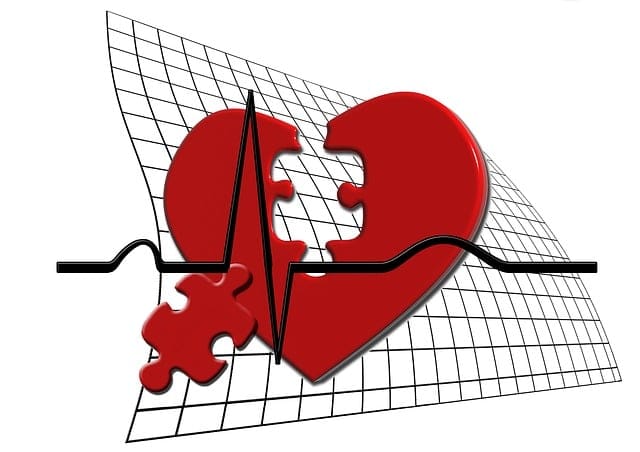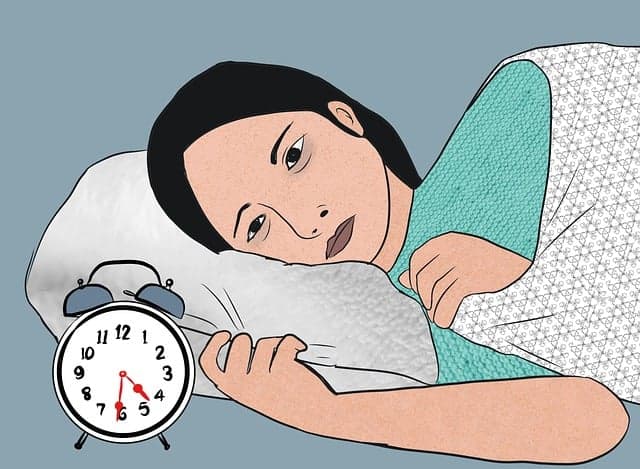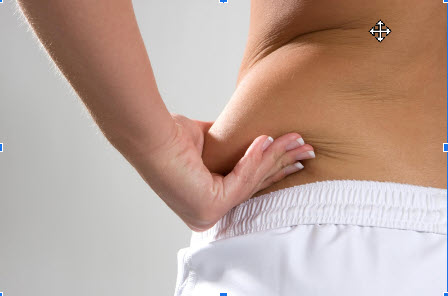Obesity and liver health can be seriously impacted by fatty liver disease which encompasses two main conditions: non-alcoholic fatty liver disease (NAFLD) and its more aggressive form, non-alcoholic steatohepatitis (NASH). An accumulation of fat in the liver cells in individuals who consume little to no alcohol characterizes NAFLD. At the same time, NASH includes liver inflammation and damage, which can lead to cirrhosis or liver cancer.
Obesity plays a critical role in the health of the liver, as it significantly increases the risk of developing fatty liver disease. The excessive fat characteristic of obesity accumulates in areas like the belly or thighs and also infiltrates organs like the liver, disrupting their function.
This lipid buildup in the liver cells can cause inflammation and, over time, lead to the scarring of liver tissue, impairing the liver’s ability to function correctly. Understanding this connection highlights the importance of managing weight to prevent the onset and progression of fatty liver disease.
Obesity and Liver Health – Its Role in Fatty Liver Disease
Excess body weight contributes to fat accumulation in the liver by disrupting normal metabolic processes. When the body carries extra weight, it’s more likely to store excess calories as fat, and not just in adipose tissue but also in organs like the liver, a condition known as hepatic steatosis.
This accumulation is harmful because the liver is central to various vital functions, including metabolism and detoxification. Obesity also promotes liver inflammation and damage through several mechanisms.
Firstly, the surplus fat can cause insulin resistance, which forces the liver to work harder to produce glucose and exacerbates the accumulation of liver fat. Secondly, obesity triggers a chronic, low-grade inflammatory state in the body.
Adipose tissue, especially around the abdomen, produces pro-inflammatory cytokines that can lead to liver inflammation. The stressed liver cells may also release signals that attract immune cells, leading to a cycle of inflammation and further cell damage.
These processes can eventually lead to the development of non-alcoholic steatohepatitis (NASH), which causes inflammation and liver cell damage. Over time, continued liver damage can result in fibrosis or scarring, which can progress to cirrhosis, a severe and irreversible condition. Again, it underscores the importance of weight management in preventing and treating fatty liver disease.
Obesity and Liver Health – Fatty Liver Disease Prevention Strategies
Preventing fatty liver disease, particularly in individuals with obesity, involves a multifaceted approach centered around weight management. Achieving gradual and sustainable weight loss is a cornerstone of prevention.
Calorie reduction and increased physical activity can often assist in managing weight loss. Diet changes are significant and should focus on reducing the intake of sugars and saturated fats, which are known to contribute to fat accumulation in the liver.
Individuals should increase their consumption of fruits, vegetables, whole grains, and lean proteins for practical dietary changes. These foods provide essential nutrients and help to promote a feeling of fullness, which can reduce overall calorie intake.
Additionally, it’s beneficial to swap out sugary beverages for water or other non-caloric drinks. Implementing these strategies not only aids in weight loss but also supports overall liver health.
In addition to dietary changes, regular physical activity is crucial. Exercise helps burn triglycerides for fuel and can reduce liver fat. Engaging in at least 150 minutes of moderate-intensity weekly exercise, such as brisk walking or cycling, is recommended.
It’s also valuable for individuals to seek guidance from healthcare professionals who can provide personalized recommendations based on their health status and weight loss goals. When applied consistently, these strategies can help reduce the risk of developing fatty liver disease and promote a healthier liver.
Obesity and Liver Health – Physical Activity Benefits
Physical activity is vital in maintaining liver health, especially for individuals managing obesity. Regular exercise helps with weight control and can directly reduce the amount of fat stored in the liver, mitigating the risk of fatty liver disease.
Consistent physical activity improves liver enzyme levels and function, even without significant weight loss. Incorporating physical activity into daily routines can be achieved through simple, sustainable actions:
Start Small: For those not used to regular exercise, starting with short, daily walks and gradually increasing the duration and intensity can prevent injury and build a fitness habit.
Incorporate Activity Throughout the Day: Taking the stairs instead of the elevator, walking or cycling for short errands, and standing or moving during breaks at work can increase overall activity levels.
Find Enjoyable Exercises: Activities like dancing, swimming, or group fitness classes can be fun and engaging ways to get moving without feeling like a chore.
Use Technology: Fitness apps and wearable devices can motivate and help track progress, set goals, and remind individuals to stay active.
Be Consistent: Setting a regular exercise schedule can help form a habit. Consistency is more important than intensity when starting.
Regular exercise helps in managing weight and also in reducing liver fat independently. Exercise can improve liver health beyond focusing on weight loss alone. By finding enjoyable ways to stay active and making exercise a part of daily life, individuals can significantly improve their liver health and overall well-being.
Healthy Lifestyle Choices
Beyond diet and exercise, maintaining liver health in obesity involves a holistic approach to lifestyle choices. Moderating alcohol consumption is critical as alcohol can exacerbate liver damage, particularly in those with existing liver fat accumulation.
Alcohol can accelerate the progression of liver disease by increasing inflammation and causing additional fat deposition. Smoking cessation is also a significant contributor to better liver health; smoking not only affects the lungs but also has a detrimental impact on the liver, promoting inflammation and fibrosis.
Regular Medical Check-Ups
Regular medical check-ups are essential for monitoring liver function. Routine blood tests can assess liver enzyme levels and other markers of liver health, allowing for early detection and intervention of liver issues. These check-ups also allow discussion of lifestyle habits, medication management, and other health concerns that could affect liver health.
Good Physical Health Practices
A healthy liver thrives on good physical health practices, vigilant monitoring, and proactive healthcare engagement. By managing alcohol intake, abstaining from smoking, and keeping up with medical appointments, individuals can significantly improve their liver health and mitigate the risks associated with obesity.
This proactive approach to health empowers individuals to take control of their well-being and maintain optimal liver function as part of a broader lifestyle strategy. Take control of your liver health by making positive lifestyle changes, especially managing obesity.
You can significantly improve your liver health through careful weight management, thoughtful dietary choices, and increasing physical activity. Remember that every step towards a healthier weight is towards a healthier liver.
Click here to check out this post for a popular liver fix
Legal Disclaimer: The content provided on obesitywoes.com is for general informational purposes only. It is not intended as health advice, nor does it constitute a medical practitioner-patient relationship. The information may not be accurate, complete, or updated at the time of viewing. Obesitywoes.com and its authors disclaim all liability for any actions taken or not taken based on the content of this site. Always consult with a registered medical practitioner in your area before making any health decisions. This website may contain links to other websites. We are not responsible for the content, accuracy, or opinions expressed on such websites, and such websites are not investigated, monitored, or checked for accuracy or completeness by us.






